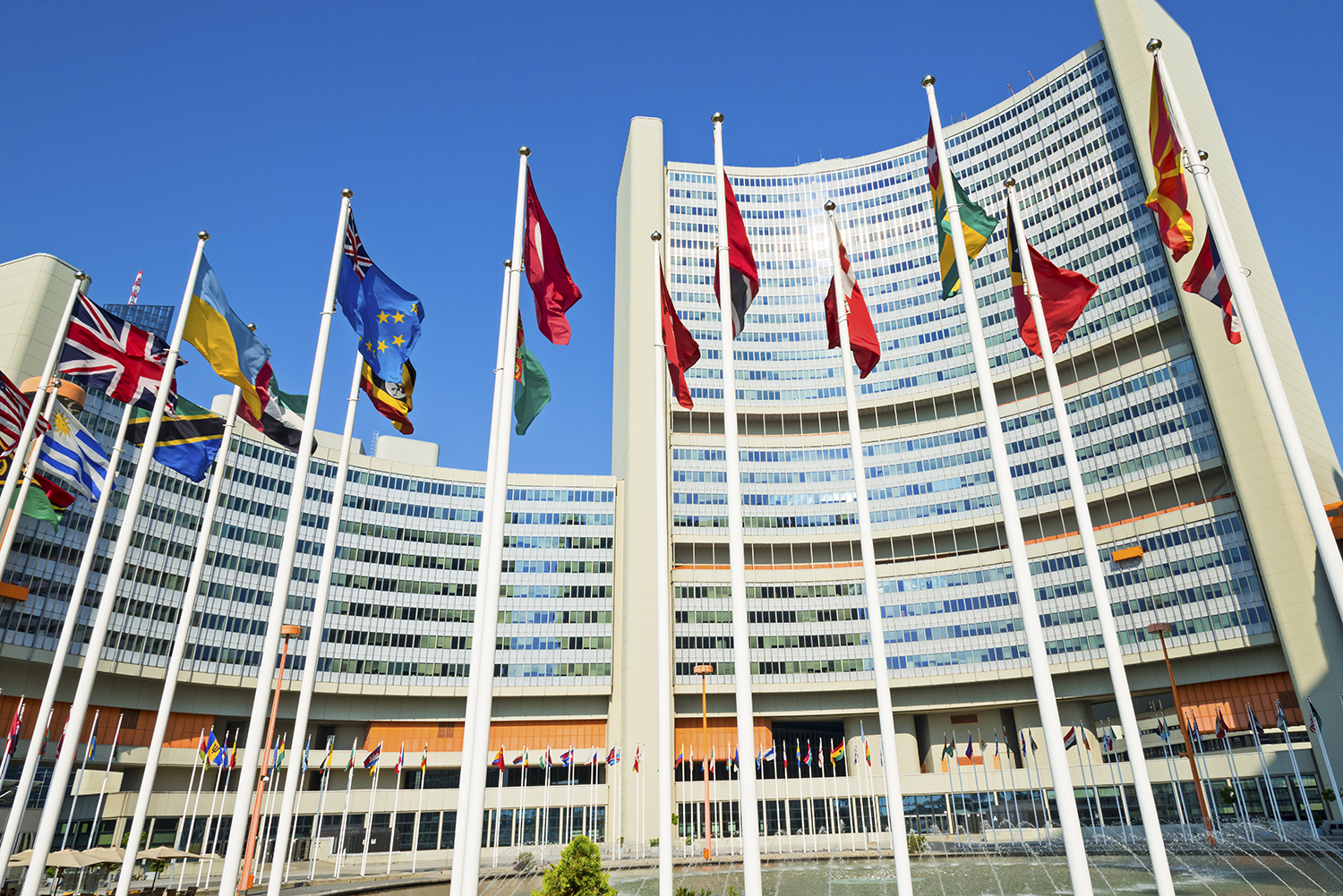Alternatives to criminalization for the simple possession of illicit drugs are increasingly of interest to policy makers. But there is no existing theoretically based, empirically tested framework that can inform development and evaluation.
The European Journal of Criminology paper “Depenalisation, diversion and decriminalization: A realist review and programme theory of alternatives to criminalization for simple drug possession” presents a realist programme theory of such alternatives.
It bases this on a realist review decriminalization, which followed the Realist and Meta-narrative Evidence Syntheses: Evolving Standards (RAMESES). It describes the systematic process of searching the literature in English on nine relevant countries (Australia, Czech Republic, Denmark, Germany, Jamaica, Netherland, Portugal, the UK, the USA) for information on alternative measures in three categories: depenalisation, diversion and.
It shows how these measures – in theory and in practice – combine with pre-existing social conditions and institutional contexts to trigger mechanisms across three causal pathways (normative, criminal justice and health and social services). It shows how some posited causal processes are more empirically supported than others.
Alternative measures can reduce harms imposed by criminal justice processes without increasing drug use or related health and crime harms, but this depends on specific combinations of contexts, mechanisms and outcomes.
 To read full paper, follow this link>>>
To read full paper, follow this link>>>


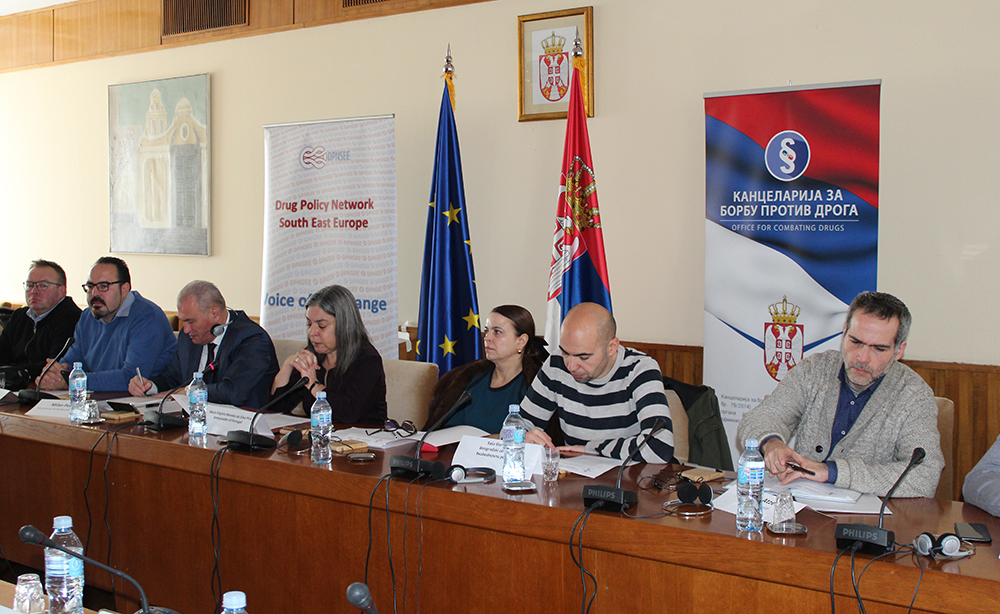
 Report from the dialogue is available
Report from the dialogue is available 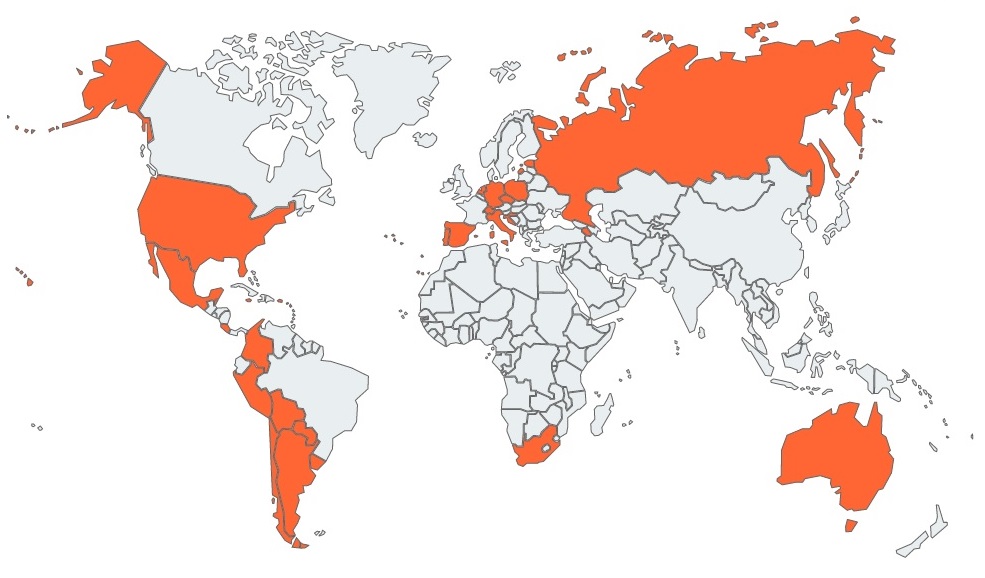
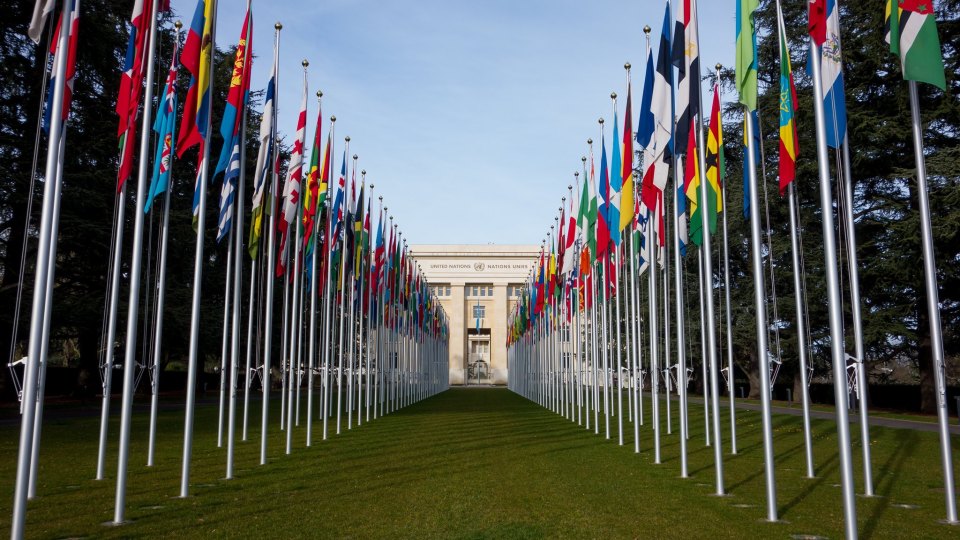
 The United Nations
The United Nations 
 “The initiative to change the cannabis legislation” –
“The initiative to change the cannabis legislation” – 



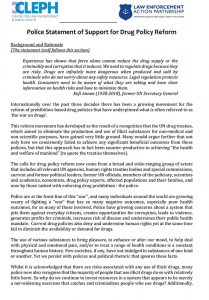

 While a number of UN agencies have made similar calls in the past, this CEB statement means it is now the common position for the entire UN family of agencies. Crucially, the UN Office on Drugs and Crime – the lead UN agency on drug policy – has also endorsed the position; finally clarifying their previously ambiguous position on decriminalisation.
While a number of UN agencies have made similar calls in the past, this CEB statement means it is now the common position for the entire UN family of agencies. Crucially, the UN Office on Drugs and Crime – the lead UN agency on drug policy – has also endorsed the position; finally clarifying their previously ambiguous position on decriminalisation.